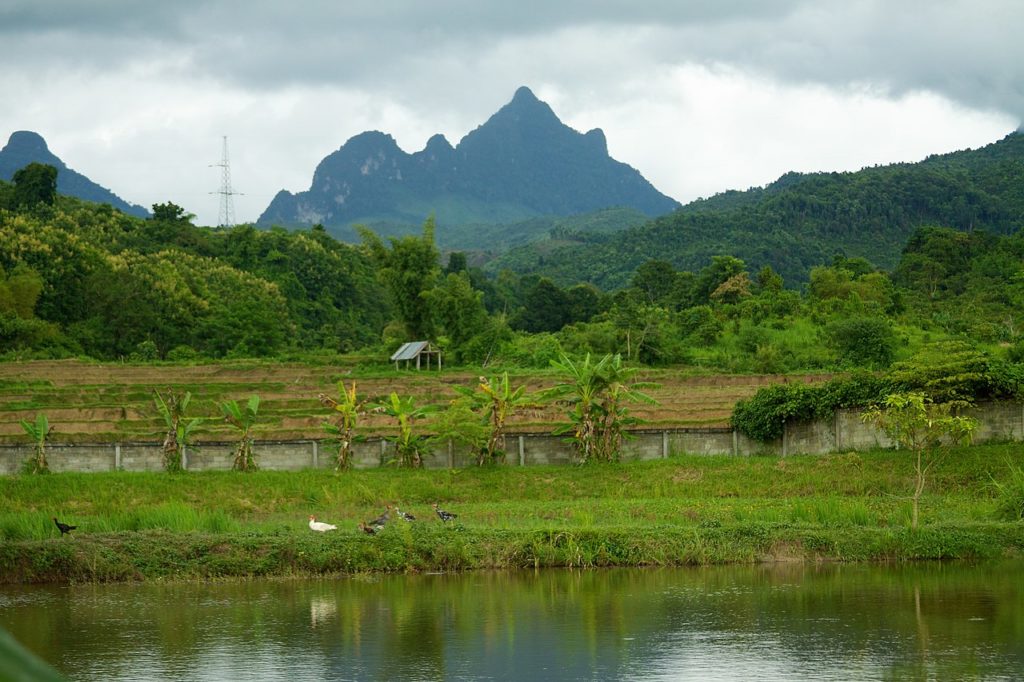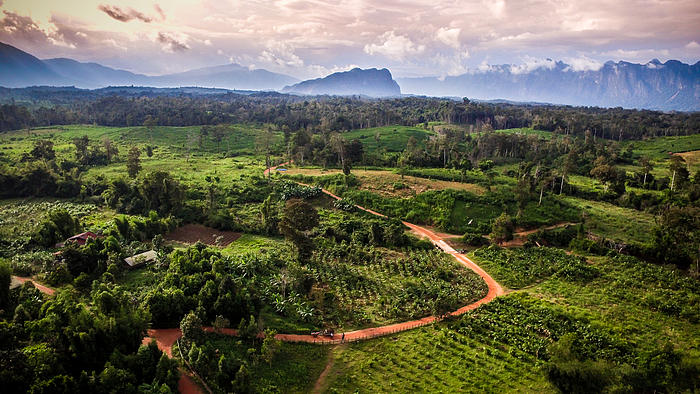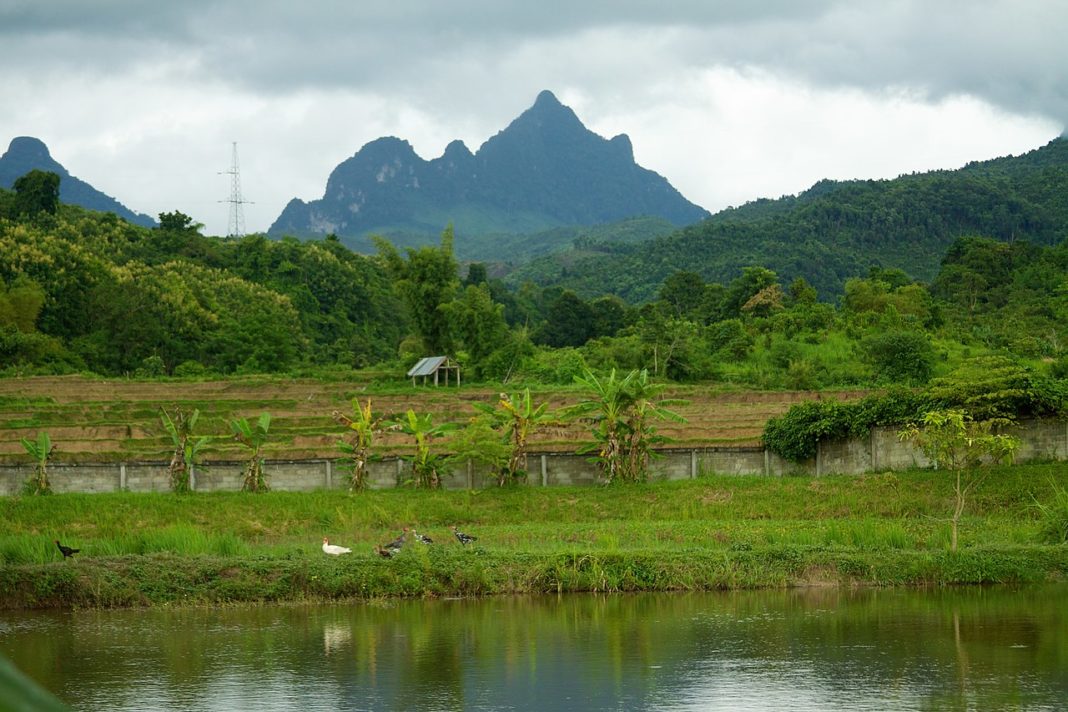The project will be implemented for five years and target 41 villages in eight districts.
It will involve Phin, Songkhon and Thapangthong districts in Savannakhet province, Nakhonpheng and Khongxedon districts in Saravan province, and Khong, Soukhouma and Pathoumphon districts in Champassak province.
Under an agreement between the Department of livestock and Fisheries and WWF-Laos, the two partners will work to improve and implement community participation in management and water conservation.
The project will support adaptation to climate change and improve living standards among communities, by encouraging and implementing participatory fisheries management.
Project staff will monitor and register fish conservation zones in the three provinces.
The agreement supports the government’s food security strategy to 2025 as well as the conservation vision of the five-year strategic plan of WWF-Laos for 2021-2025.
The project will aim to ensure that the unique biodiversity of Laos, as well as cultural diversity and ecosystems, are maintained or enhanced and contribute to the sustainable development and wellbeing of Laos.
 Speaking at the agreement signing ceremony, Deputy Director of the Department of livestock and Fisheries, Mr Kaviphone Phouthavong, said the project will support the government’s food security programme over the next five years, which targets per capita annual meat consumption at 75kg and aquatic species consumption at 30kg.
Speaking at the agreement signing ceremony, Deputy Director of the Department of livestock and Fisheries, Mr Kaviphone Phouthavong, said the project will support the government’s food security programme over the next five years, which targets per capita annual meat consumption at 75kg and aquatic species consumption at 30kg.
This will help to improve communities’ aquatic consumption in sustainable ways.
The funding support will help the government to create more fish conservation zones, of which there are now almost 800 throughout the country.
At the same time, the project will build communities’ understanding of the need to protect aquatic resources, and the environment in general, which play an important role in their livelihoods, the Country Director of WWF-Laos, Loris Palentini, said.
 WFF-Laos has been working in connection with fisheries management in Laos since 2002. It increased cooperation with the Department of Livestock and Fisheries in 2005 and expanded project activities into Borikhamxay, Khammuan, Savannakhet, Xekong, Attapeu, Champassak and Bokeo provinces.
WFF-Laos has been working in connection with fisheries management in Laos since 2002. It increased cooperation with the Department of Livestock and Fisheries in 2005 and expanded project activities into Borikhamxay, Khammuan, Savannakhet, Xekong, Attapeu, Champassak and Bokeo provinces.
Since 2005, the WWF has become an important and effective partner in the fisheries development and co-management framework nationwide.
It has facilitated the sharing of lessons learned and experiences between provinces in order to build understanding and promote technical capacities in fisheries co-management.
According to vientianetimes.org.la
(https://www.vientianetimes.org.la/freeContent/FreeConten_WWF64.php)












